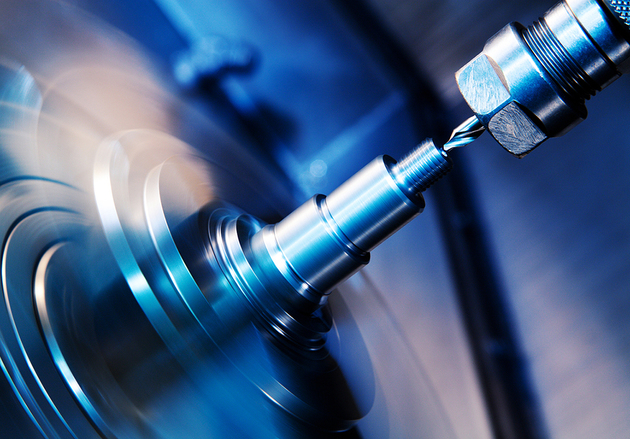
Photo/VCG
Mar. 27 (NBD) -- China will further open up its manufacturing industry to offer more great opportunities to foreign investors while gearing up for transformation and upgrading.
Miao Wei, minister of China's Ministry of Industry and Information Technology ("MIIT"), made the above remarks at the China Development Forum 2018 hosted by the Development Research Center of the State Council on Monday.
According to him, all policies and measures in support of the "Made in China 2025" strategy will, as usual, be applied to all domestic and foreign-funded enterprises in China. More work will be done to enhance the cooperation with the global manufacturing industry by virtue of the initiative.
Miao said China will devote itself to promoting the construction in countries along the route of the Belt and Road Initiative, and will work together with these countries to explore innovative cooperation models in the manufacturing area.
China will not export backward production capacity to foreign countries, and this is a bottom line, he underscored.
In fact, the country has been sparing no effort to cut overcapacity in recent years. This year's government work report said China will slash steel capacity by 30 million tonnes in 2018.
With regard to the upgrading path of the manufacturing industry, Miao said smart manufacturing is the ultimate goal. This should start with automation, and then digitalization of production equipment and management. On that basis, efforts should be made to connect devices via the Internet. After that, artificial intelligence should come into play.
Viewing from the experience of pioneering manufacturing enterprises in this respect, automation does a great job in increasing efficiency.
Siemens AG's President and Chief Executive Officer Joe Kaeser said that out of the company's 1 million products produced in 1999, there were 500 substandard ones, but the figure has fallen below 10. Meanwhile, the company's output has increased by 11 times. This couldn't be done without automation.
Automation is a key technology, and Siemens has established automated factories in Chengdu and other places across the world. When automation is fully achieved, the manufacturing industry will switch to digitalization and intellectualization, Kaeser said.
The automotive sector is also following the upgrading path mentioned by Miao.
Dieter Zetsche, Chairman of the Board of Management of Daimler AG and Head of Mercedes-Benz Cars, noted the industry is undergoing tremendous changes and an increasing number of industry players are migrating to automated systems, which are powered by intelligent connection, autonomous driving, ridesharing, and electric drive.
Email: lansuying@nbd.com.cn


 川公网安备 51019002001991号
川公网安备 51019002001991号





